Our most recommended books
-

King: A Life
by Jonathan Eig -

Augustus The Strong: A Study in Artistic Greatness and Political Fiasco
by Tim Blanning -

Every Living Thing: The Great and Deadly Race to Know All Life
by Jason Roberts -

Patriot: A Memoir
by Alexei Navalny, translated by Arch Tait with Stephen Dalziel -

Candy Darling: Dreamer, Icon, Superstar
by Cynthia Carr -

Wild Thing: A Life of Paul Gauguin
by Sue Prideaux
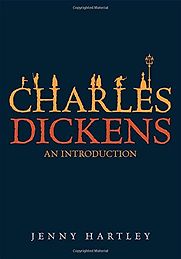
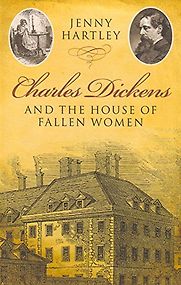
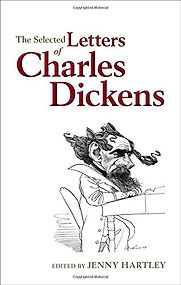
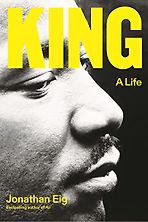

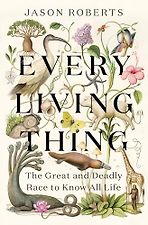
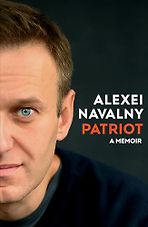


The book, according to the author